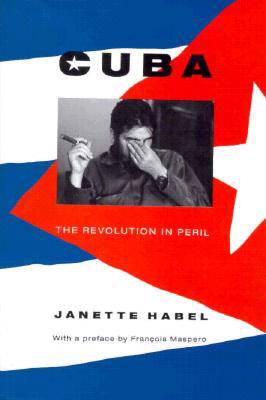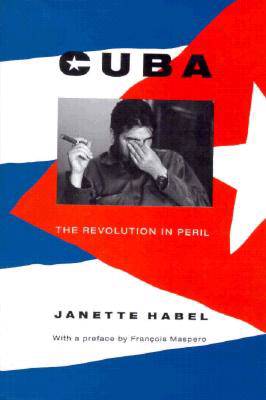
Bedankt voor het vertrouwen het afgelopen jaar! Om jou te bedanken bieden we GRATIS verzending (in België) aan op alles gedurende de hele maand januari.
- Afhalen na 1 uur in een winkel met voorraad
- In januari gratis thuislevering in België
- Ruim aanbod met 7 miljoen producten
Bedankt voor het vertrouwen het afgelopen jaar! Om jou te bedanken bieden we GRATIS verzending (in België) aan op alles gedurende de hele maand januari.
- Afhalen na 1 uur in een winkel met voorraad
- In januari gratis thuislevering in België
- Ruim aanbod met 7 miljoen producten
Zoeken
Omschrijving
Revolutionary Cuba today faces challenges and perils greater than at any time since the defeat of the US-backed 'Bay of Pigs' invasion in 1961. The Soviet Union, Cuba's main ally, is both weakened and divided, the Sandinistas are now in opposition, and remaining Communist governments are everywhere in crisis. These developments have combined with Cuba's domestic problems to place the revolution under threat. In this thorough but critical study, Janette Habel shows that, despite great achievements in public health and education, a malaise has developed in Cuban society. Detailing the arbitrary limits set upon popular participation and the absence of a properly functioning socialist democracy, she reveals a dangerous ossification of Cuba's once innovative and radical order, and a growing alienation of youth. This scrupulous account of the perils facing the Cuban revolution never forgets the appalling external pressures under which this small state labours. But it insists that only a bold new policy of revolutionary democracy offers the prospect of conserving--and building upon--the gains of the revolution.
Specificaties
Betrokkenen
- Auteur(s):
- Vertaler(s):
- Uitgeverij:
Inhoud
- Aantal bladzijden:
- 272
- Taal:
- Engels
Eigenschappen
- Productcode (EAN):
- 9780860913085
- Verschijningsdatum:
- 17/08/1991
- Uitvoering:
- Hardcover
- Formaat:
- Genaaid
- Afmetingen:
- 165 mm x 242 mm
- Gewicht:
- 571 g

Alleen bij Standaard Boekhandel
+ 54 punten op je klantenkaart van Standaard Boekhandel
Beoordelingen
We publiceren alleen reviews die voldoen aan de voorwaarden voor reviews. Bekijk onze voorwaarden voor reviews.









